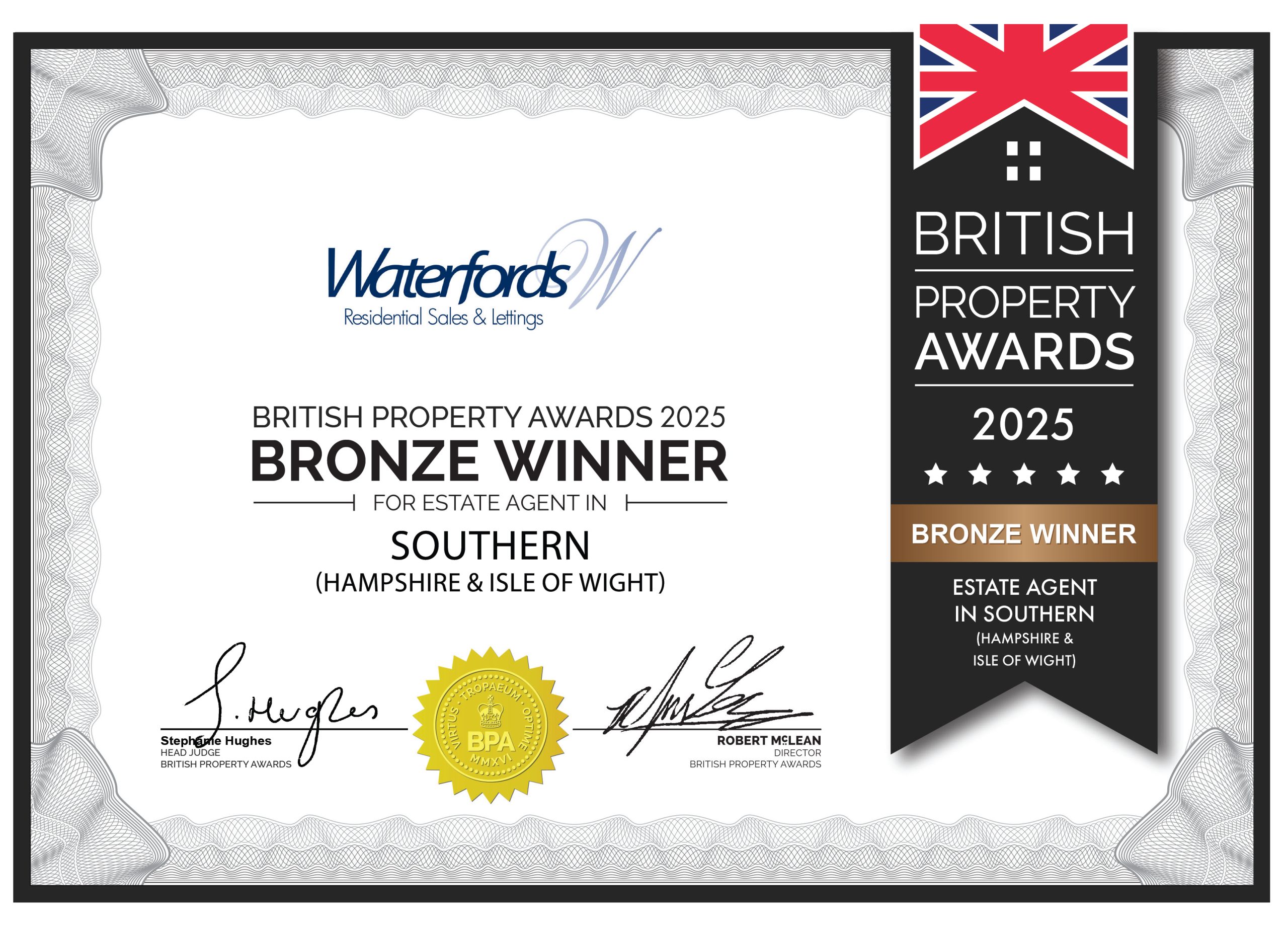What the Renters’ Rights Act 2025 Means for You
By Sam Charlton, Director at Waterfords
The government has now published full details of the Renters’ Rights Act 2025, a landmark piece of legislation that will reshape how renting works in England. Whether you’re a landlord or a tenant, these changes are significant and it’s important to understand exactly what’s coming and when.
Below, I’ve summarised the key points of Phase 1, which will take effect from 1 May 2026, along with some earlier enforcement powers arriving in December 2025.
Phase 1 – From 1 May 2026
- Section 21 ‘No Fault’ Evictions Will Be Abolished
One of the biggest changes is the removal of Section 21.
This means landlords will no longer be able to end tenancies without giving a specific, valid reason. All evictions must go through the Section 8 process, which is being strengthened to ensure it remains fair and workable.
- New Tenancy Structure: Assured Periodic Tenancies
Almost all existing and new private rented sector (PRS) tenancies will automatically become Assured Periodic Tenancies.
This gives tenants:
- The right to stay as long as they wish unless the landlord has valid grounds for possession.
- The ability to end the tenancy with two months’ notice, providing greater flexibility.
For landlords, this removes the fixed-term structure but introduces clearer and more robust possession grounds.
- Reformed Possession Grounds (Fairer for Both Parties)
The Section 8 grounds are being updated so landlords can regain their property when genuinely needed, while ensuring tenants have protection from unfair eviction.
Key changes include:
- Stronger powers to evict tenants involved in anti-social behaviour.
- Clear grounds for dealing with serious or persistent rent arrears.
This is designed to ensure law-abiding tenants feel more secure while giving landlords confidence that problem situations can still be addressed effectively.
- Limiting Rent Increases to Once Per Year
Landlords will be allowed to increase rent only once within a 12-month period, and must use the revised Section 13 process.
They must:
- Give at least two months’ notice of the increase.
- Provide written notice using the required form.
This provides predictability for tenants while ensuring landlords retain the ability to adjust rents responsibly.
- Ban on Rental Bidding & Excessive Rent in Advance
Letting agents and landlords will not be able to:
- Encourage or accept offers higher than the advertised rent.
- Request more than one month’s rent in advance.
This is designed to create a fairer and more transparent rental market, reducing the competitiveness that has put some tenants at a disadvantage.
- No Discrimination Against Families or Benefit Recipients
It will become illegal to discriminate against applicants who:
- Have children, or
- Receive benefits.
This includes:
- Withholding property information
- Blocking viewings
- Refusing to grant a tenancy
This brings a long-awaited level playing field for many renters.
- Tenants’ Right to Request a Pet
Landlords must consider pet requests and respond within 28 days.
If refusing, the landlord must give a valid reason.
This doesn’t mean all pets must be accepted, but it does create a more transparent and accountable process.
- Stronger Enforcement & Higher Penalties
Local councils will receive additional powers and resources to tackle rogue landlords, including:
- Expanded civil penalties
- Higher rent repayment order limits (maximum doubled)
- Rent repayment orders applied to superior landlords
- Mandatory reporting of enforcement activity
Repeat offenders will face the highest penalties available.
Earlier Changes – 27 December 2025
Before Phase 1 even begins, councils will gain new investigatory powers, including the ability to:
- Inspect properties more easily
- Demand documents
- Access third-party data
These measures are designed to crack down on poor-quality housing and non-compliant landlords.
What About Social Housing?
The changes outlined above apply first to the private rented sector only.
The social rented sector will transition during Phase 2, with the government now working alongside social housing landlords and the Regulator of Social Housing to establish a phased implementation.
What This Means for Waterfords Clients
At Waterfords, our role is to ensure both landlords and tenants feel supported and fully informed as these changes come into force. The Renters’ Rights Act represents the biggest shake-up of the rental market in decades, and preparation is key.
Over the coming months, we will:
- Provide updated tenancy documentation and processes
- Offer tailored guidance for landlords on possession grounds
- Ensure rent increases and tenancy changes comply with the new law
- Support tenants in understanding their enhanced rights
If you have any questions about the Act, or would like help preparing for the 2026 changes, please don’t hesitate to contact me or the team.
Sam Charlton
Director, Waterfords Estate Agents








